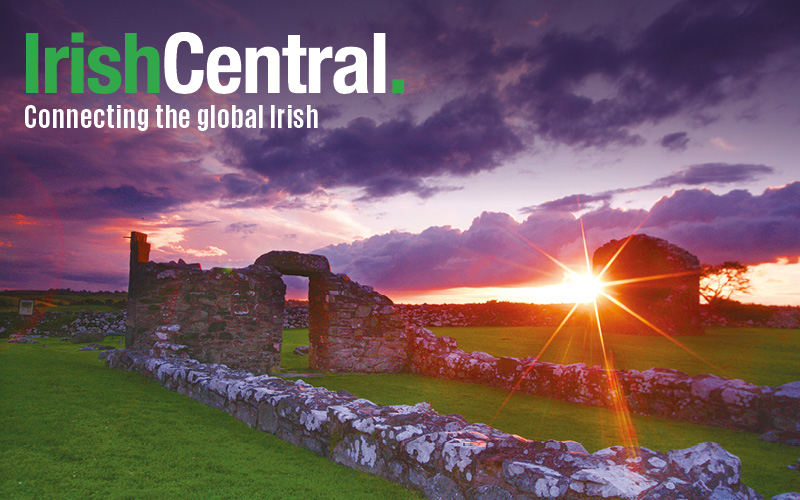Ninety-five percent of pupils in Northern Ireland still attend either a maintained Catholic school or what they call a controlled school (mostly Protestant but open to all faiths). Both are funded by the state to varying degrees.
Campaigning parents have established the few integrated schools there are in the North, with no help at all from the main churches. There are currently 62 integrated schools over all, which comprise 20 second-level colleges, and 42 primary schools.
Poignantly, there are just 19 integrated nursery schools, so from birth most children are segregated.
You’d be surprised how many people don’t have a problem with this. Political and religious leaders, the people with the power to bring about positive change, usually prefer to sit on their hands. I’m not sure what sort of society they think they’re protecting.
Northern Ireland, it should be obvious to all, hasn’t done very well out of segregation. In fact, it’s development has been consistently retarded by the tendency of both communities to live in isolation from each other.
Is the solution more of the same? Why would you keep doing the same thing if you didn’t expect the same result?
You would think, given its recent history that there would be a sense of urgency about bringing those isolated communities together, wherever possible, in the interest of promoting some mutual understanding. Where better to learn about the ideals and attitudes of your countryman or woman than in school?
But some Catholic leaders have denounced integrated schooling as a dirty political trick by the British government, and the Free Presbyterian church has called it a front for the secular lobby, who would seek to drive religion from our daily lives. They don’t agree on much but they agree on that. Neither has time for middle class do-gooders and what they see as their Godless plan to push Jesus out of schools.
So if you practice your faith in the North, you are – for the time being – participating in a system that has made it clear it has no interest in reaching any compromise at all with your Catholic or Protestant neighbors. How that troubles your Christian conscience is your own affair, presumably.
We had an important Independent Commission on Policing for Northern Ireland in 1998 as part of the Belfast Agreement. The reason for this was because in a divided society it was essential to inquire into policing and make proposals for future policing structures and arrangements that would be acceptable to both communities, including who was hired, how they were trained, and what the culture, ethos and symbols of the service were.
We did not have a similar commission on education, but perhaps we should. Because there are forces at work who see no need to address this broken system of early onset apartheid.
Earlier this month the Council for Catholic Maintained Schools (CCMS) told an inquiry that the Stormont assembly’s statutory requirement to encourage and facilitate integrated education should be dropped.
You read that right: the integrated sector educates just seven percent of primary and post-primary pupils, so there’s no need to fund it according to the CCMS.
Meanwhile parents are not consulted as to whether they would prefer an integrated school in their area, and planning permission to build schools is always area based, with authorities always building in their own sectors. So the greatest barrier to the expansion of integrated education in the North lies in the discriminatory and unequal approach to planning.
But there are other significant fronts in the push to prevent children from the two communities from growing up and being educated together. In recent weeks the North’s Education Minister John O’Dowd announced that a viable Catholic school would close rather than be changed to an integrated status, even though the enrollment numbers for the school had risen.
Enrollment at the school was “such that it is not sustainable into the future,” O’Dowd said. But what sort of future is preventing children from living and working together actually sustaining?
The school, located in Clintyclay outside Dungannon, Co Tyrone would have been the first school from the Catholic sector to apply for integrated status. O’Dowd received an application for the school to become integrated and a proposal to close it. He decided to close it.
There’s a long road ahead.




Comments